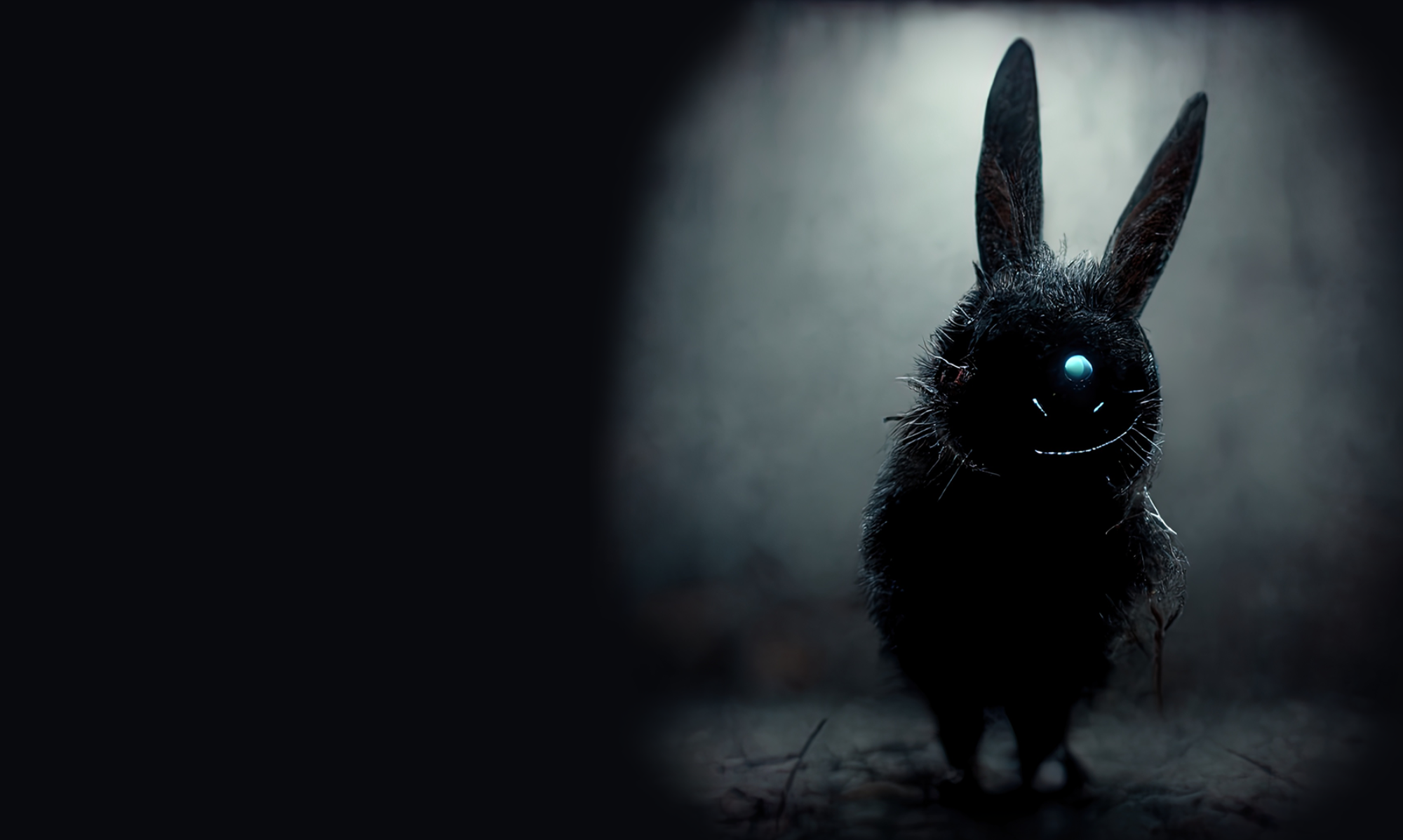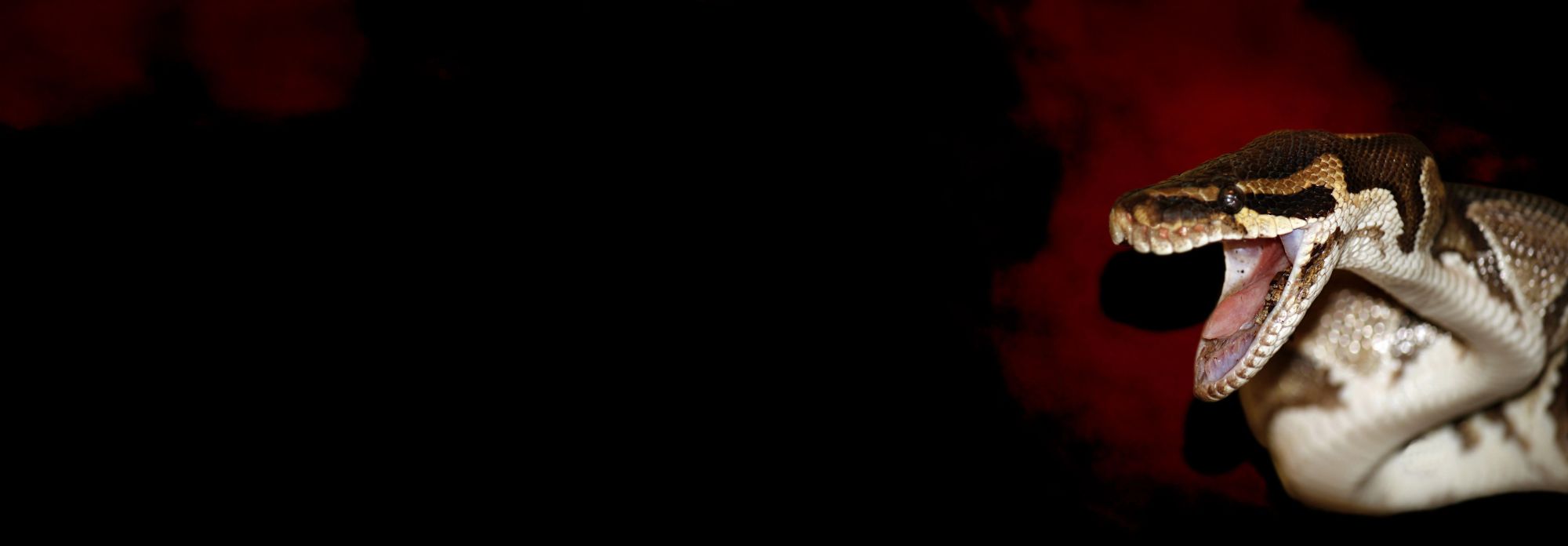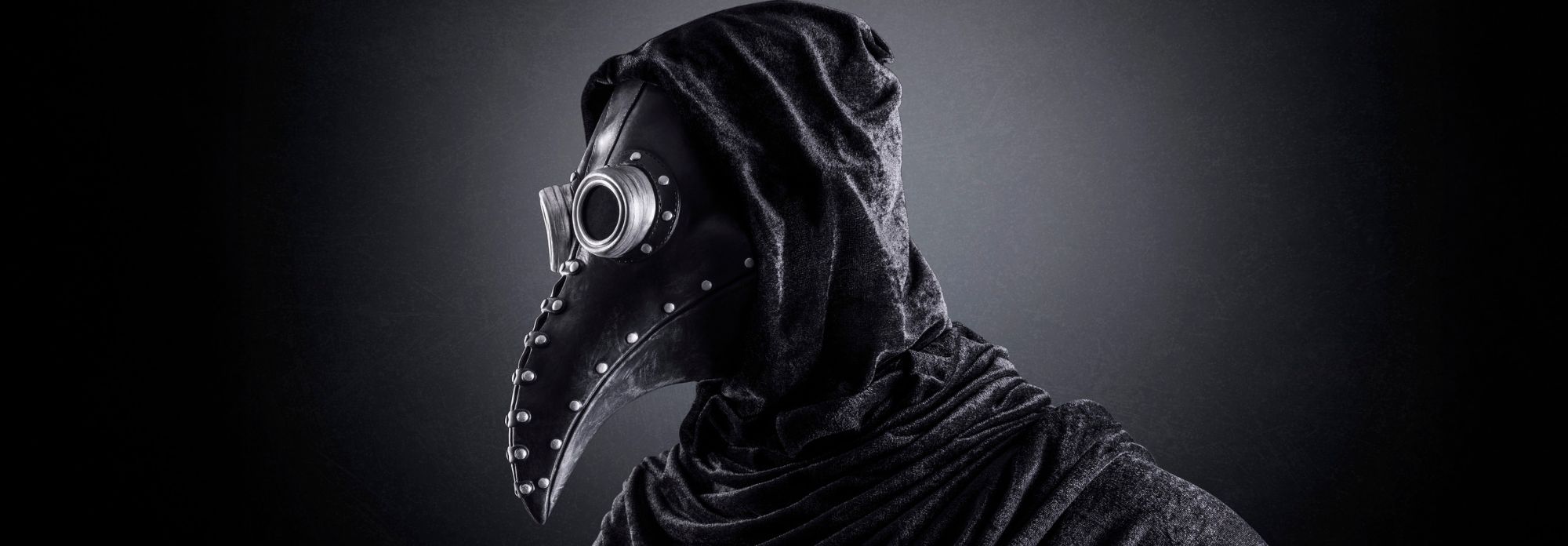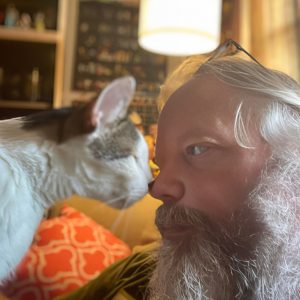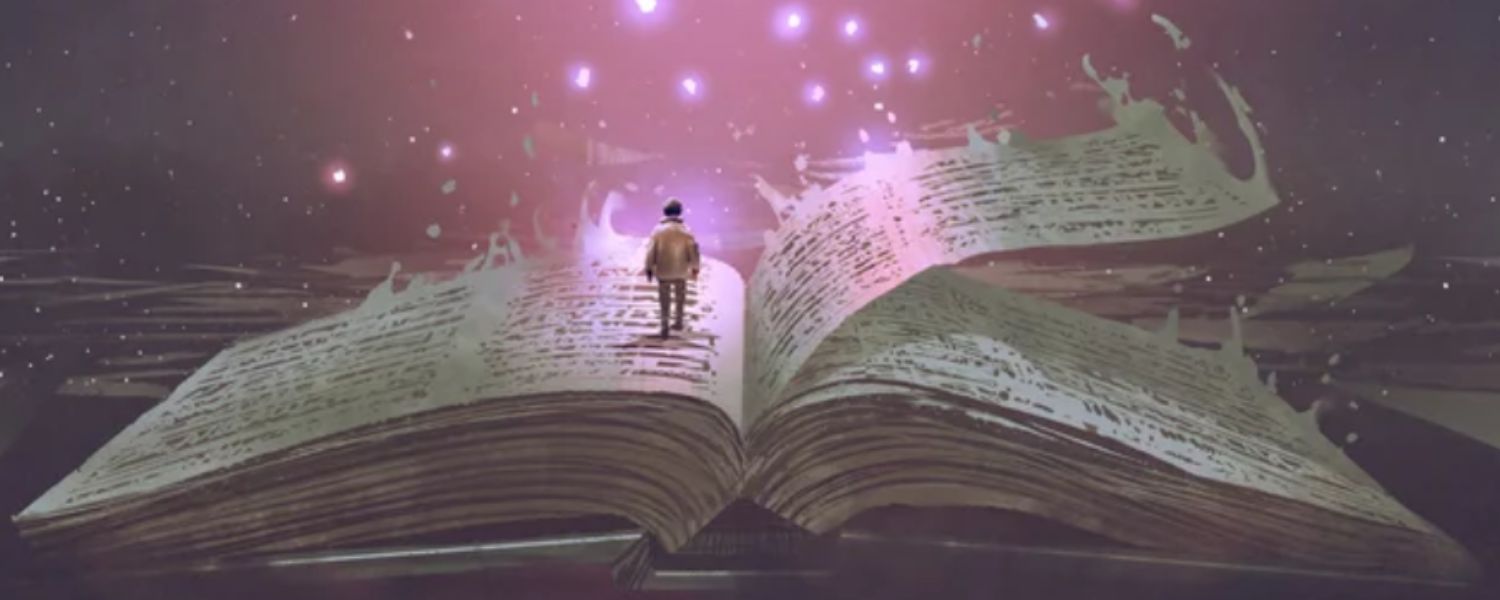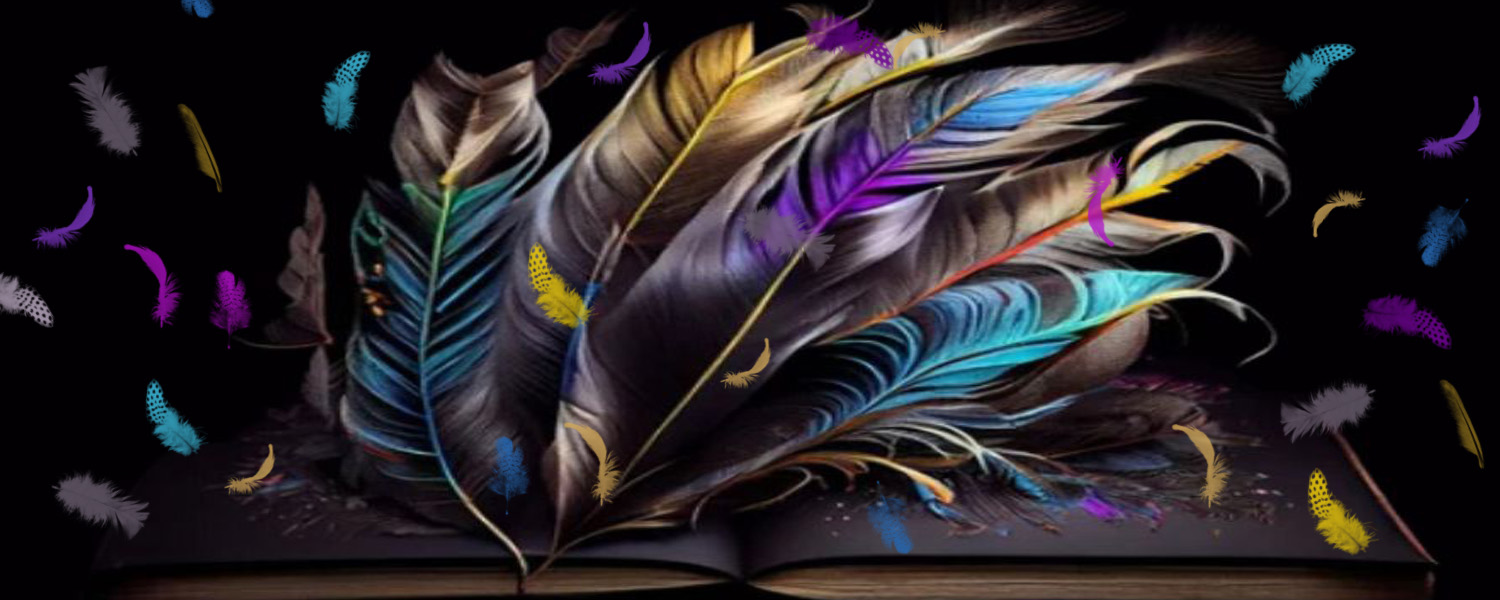Monday morning. Breakfast time.
He smothers a piece of slightly burnt toast with butter, pops it into his mouth to free up his hands, then pours hot water from the kettle into his coffee cup. He opens the fridge and takes out a carton of milk. He sniffs it, winces at the smell, then sighs. With the milk in one hand, the half-eaten toast in the other, he walks over to the sink. It’s full of dishes from the night before—and the night before that—plates caked with dried-out Bolognese sauce and half-eaten pasta. He sighs again, louder this time, then places the milk carton on the already crowded draining board.
The kitchen radio is tuned to a local station. As he stands at the sink, chewing and swallowing the last of his toast, he listens to the talk show.
“It was then that I knew it was time to let go and move on.”
The female caller’s voice sounds distorted, as if she’s calling in from the bottom of the ocean.
“You know, life’s just too short to hang on. You know what I mean?”
He picks up his black coffee and takes a sip. He frowns. No sugar. The DJ continues the conversation.
“I know exactly where you’re coming from, Lucy, as I think many of our listeners do, so thanks for calling in and sharing your story with us.”
He puts down the coffee and opens the sugar bowl. It’s empty. The DJ doesn’t stop talking.
“Because it’s good to talk, isn’t it, Lucy? And, as all you guys out there know, it’s good to listen! So, what song can we play for you, Lucy?”
He drains the last of the coffee and rubs his eyes.
“I would love it if ya played…”
Before the song can kick in, he sighs loudly and switches off the radio. He looks up at the clock that hangs on the kitchen wall. Time to make tracks. He grabs his jacket and slips it on as he walks through to the living room. Pausing, he checks his reflection in the mirror above the fireplace. He frowns at himself as he licks his palms then flattens his hair with his hands. Shaking his head slowly, he tries his best to straighten his tie. Despite several attempts, it remains crooked.
The telephone rings.
He looks over at the telephone and rubs his chin. It continues to ring. Shrugging his shoulders, he walks over to the table that is in the corner of the living room. He bends down, picks up the receiver and places it against his ear. There is a second of static, a momentary crackling, before a man’s voice speaks.
“This is a pre-recorded message. Are you having problems with money? Are you having difficulty managing all your existing debts? Then why not allow New Life to help you with your finances? We specialize in taking care of all your monetary problems by condensing all your current debts into one, easily-controlled—”
He hangs up the phone. His hand remains fixed upon the telephone receiver. He picks it up again and returns it to his ear. The man’s voice continues.
“—make life easy for you and your family! Our trouble-free package allows you to be free of the stress and worry of—”
He returns the receiver to its cradle. He coughs, clears his throat, picks up his briefcase, and walks to the front door. He pauses, turns around and looks at the room. Shaking his head, he opens the door and steps outside into the morning sunshine.
***
Tuesday morning. Breakfast time.
As he rummages amongst the debris that litters the kitchen worktop, vainly searching for a clean mug, he turns his head and sniffs the air. The aroma of burnt toast floods his nostrils. He spins around and fumbles with the toaster, failing to eject the flaming bread from the machine. As it billows smoke at him, he swears loudly and unplugs it from the main socket in the kitchen wall. After a few seconds, the cloud of smoke begins to disperse. The smell of charcoal remains, hanging heavily in the air. He frowns, then walks back over to the kitchen sink. He picks up a pint glass, half full of flat lager, tips the contents down the waste disposal, then rinses it out under the cold-water tap. He returns to the kettle, fills the pint glass with hot water, then stirs in what remains of the coffee granules.
He takes a sip from the glass, reaches over to the radio that sits on top of the fridge and switches it on. The DJ’s voice fills the kitchen.
“…enjoyed that golden oldie blast from the past! Now, over to line two where we should have our next caller waiting.”
He switches the pint glass to his right hand and uses his left to open the fridge. He peers inside, hunting for food. He sees a half-eaten chocolate bar nestled behind a plate of moldy lasagna. He reaches inside the fridge, grabs it, pulls it out and takes a bite.
“Hi. What’s your name, where ya from, and what’s your story?”
The radio suddenly lets out a burst of high-pitched static. He puts down the pint glass, continues chewing the chocolate in his mouth, reaches over to the radio’s aerial, and moves it slowly; backwards then forwards. The static dies out, replaced by a man’s voice.
“…lonely. I guess I just get lonely sometimes.”
He stares at the radio. The voice sounds familiar. He has heard it before. He knows it. The DJ interrupts.
“Sure, sure, we all feel that way sometimes, but we’re not alone, right listeners? We’re all together right now, tuned into the same wavelength, sharing our stories, sharing our favorite songs.”
The caller continues, cutting off the DJ in mid-flow.
“I just—I just need someone; I just need someone to listen to me…”
That voice. He knows that voice. He bends down next to the radio and puts his ear close to the speaker.
“I need someone to tell me what to do. Please, please, God, help me…”
He scratches his head. He recognizes the voice, is confident that he knows who the caller is. He leans closer to the speaker. He is not sure, but it sounds like the caller is beginning to cry.
“Help…”
The voice is suddenly cut off by the opening riff of the Beatles classic song. The caller’s voice is lost, disappearing into the mix, as the DJ rattles out a meaningless introduction.
“If you require some assistance, nothing can beat the Beatles! Right on!”
He swallows the last of the chocolate and switches off the radio. The telephone in the living room begins to ring. He quickly drains the last of his coffee from the pint glass, puts it down on the kitchen worktop, and walks through to the other room. The telephone continues to ring. He picks up the receiver and listens. For a few seconds, there is no sound at all. He rubs his eyes with one hand. He begins to put down the receiver when the telephone line crackles into life. A man’s voice.
“This is a pre-recorded message. Are you having problems? Are you having difficulties? Then why not allow New Life to help you? We specialize in taking care of all your problems—”
Slowly, he places his hand across his mouth. He rubs his face, massaging the three-day-old stubble upon his chin. The voice on the other end of the line pauses. There is nothing but the hiss of dead air. He waits. Still there is nothing but silence. He slowly inhales, filling his lungs to their full capacity. He closes his mouth, holding the oxygen in. He must be sure.
“Make life easy for you. Be free of the stress and the worry.”
The voice pauses again. One second. Two seconds. Three seconds.
“New Life.”
He opens his mouth and slowly exhales. He waits for the voice to continue. There is nothing but the whirr and click of the telephone line as it goes dead. He stands motionless, the phone against his ear. Slowly, he replaces the receiver back into the cradle of the telephone. He walks over to the mirror above the fireplace and stares at his reflection. As he looks into his own bloodshot, tired eyes, one thought runs through his head.
They are the same.
He rubs his face again, turning his head sharply to the left. The movement causes an audible crack in his neck and shoulders. He turns his head back and looks at his own face. Again, the same thought.
They are the same. The voice on the radio. The voice on the telephone. They are the same.
They are the same voice.
With this realization in his head, he picks up his things. He opens the front door and steps out into the sunshine. As he closes the door behind him, he does not look back.
***
Wednesday morning. Breakfast time.
He sits upon a beach, his legs pulled tightly to his chest, his arms wrapped around them. The beach is made up of hard flints and pebbles and feels uncomfortable to sit upon. He shifts from side to side, trying to find a better spot to sit, but it is no good. His ass still aches. He looks up at the ocean before him, concentrating on the repetitive sound of the waves as they crash up against the shore then slowly slide back out, dragging hundreds and thousands of stones with them. The sight and sound are hypnotic, filling him with a sense of calm and wonder.
He feels at peace with the world. He even begins to forget how sore his behind is.
The sky begins to darken. The waves become fiercer, crashing violently against the shoreline. He pulls his legs closer to his chest. He hears a voice. He recognizes the voice.
“Help me! Please, help me!”
He stands up and looks out to sea. In the water, twenty or thirty yards from the shore, a man is struggling to stay afloat. He is tossed around by the current, disappearing from view under the water, then breaking the surface, arms flailing wildly. The man begins to scream.
“God, help me! Help!”
He looks around him. The beach is empty. He turns back to see the man going under again. He pauses for a second then runs down the shore, his feet slipping on the gravel beneath them. He reaches the water and wades in, the coldness sending shivers through his body. He keeps his eyes fixed firmly on the man as the water reaches his waist. The man continues to shout.
“Help!”
He stumbles and suddenly he is submerged, his mouth filling with salt water, the waves pulling him down. His body thrashes, fighting to find the surface. His eyes sting as he struggles to pull himself upwards. Still, he can hear the voice.
“Help me!”
“Help me!”
“Help me!”
“Help me by playing this song—”
He rolls over in bed as the clock radio clicks into life. He coughs then sits up, running his hands through his hair, his forehead damp with perspiration. He looks over at the clock radio. He is late. He swings his legs over the edge of the bed and reaches out to switch off the clock radio. He pauses and listens as the DJ speaks.
“And what song can we play for you today? Lay the name on me, and we’ll lay that track down!”
The voice. The voice from his dream. The voice on the telephone. The voice from yesterday’s radio. The voice speaks.
“Stop me if you think you’ve heard this one before.”
The DJ laughs.
“Not a problem, not a problem. The Smiths, coming at ya!”
The chiming guitar of Johnny Marr begins to float from the clock radio speaker. He remains seated on the edge of the bed, eyes closed, the song filling the silence in the room. He puts a hand up to his face and realizes he is crying. He wipes the tears away upon the back of his hand, sniffing a line of snot back up his nostril. He reaches across to the clock radio, grabs it in his hand and yanks it, pulling the plug from the wall socket. He turns and flings it at the bedroom wall. It hits the cracked, yellowing plaster and breaks into pieces.
He jumps up and dresses quickly, pulling on his shirt and trousers. Fumbling with his tie, he stumbles into the living room.
The telephone begins to ring.
He stares at the telephone, unsure of what to do. The telephone continues to ring. He looks around the living room, noticing for the first time how dirty it is. Nearly all the furniture is coated with dust. Cobwebs hang down from the far corners of the ceiling. He shakes his head, tripping over his own feet as he heads for the table in the corner of the room. He reaches out towards the telephone.
The telephone stops ringing.
The silence startles him. He lets out a gasp of air. He pauses, his gaze fixed firmly on the telephone. He stands motionless, arm outstretched, a frozen statue. He begins to count down from thirty in his head.
Thirty. Twenty-nine. Twenty-eight. Twenty-seven.
He begins to shake. His hand trembles ever so slightly.
Fourteen. Thirteen. Twelve. Eleven.
He begins to sweat, one tiny droplet of moisture creeping down from his forehead then along the bridge of his nose.
Seven. Six. Five. Four.
The bead of sweat drops from his nose, plummeting downwards until it splashes upon the top of his left shoe.
Three. Two. One.
Nothing happens. He slowly allows the tension in his muscles to relax.
The telephone rings and his heart skips a beat.
He darts out a hand, grabs at the receiver and knocks it to the floor. He squats down and picks it up, putting it to his ear. He listens, unaware that he is biting his bottom lip.
He hears the voice.
“This is a pre-recorded message. Are you the problem? Are you the difficulty? Allow New Life to help you?”
He begins to rock backwards and forwards. He chews his lip so hard that it begins to bleed.
“Make life easy? For you? Stress? Worry? New Life?”
The voice. That voice. The voice. That voice.
“New Life.”
He reaches up and grabs at his hair. He tugs hard, pulling the roots from his scalp.
“Kill yourself.”
The line goes dead. He holds the receiver in front of him. He stares at it. Eventually, he releases his grip, the receiver tumbling to the carpet for a second time. He runs to the front door, flings it open and sprints outside, slamming it shut behind him.
***
Thursday morning. Breakfast time.
He sits in the living room. He is hungry, but he does not eat. The radio is switched off. He slowly fiddles with his hair, wrapping one lock of it around his finger. He repeats this action again and again.
The telephone rings.
He stares at the telephone. He does not answer it. Eventually, the ringing stops.
He stands up and looks at his reflection in the living room mirror. He stretches out a hand and touches his own image. He pulls his palm away and looks at the handprint left upon the glass surface, imposed over his own face.
He turns, walks over to the front door, opens it and steps outside.
***
Friday Morning. Breakfast time.
He unplugs the radio in the kitchen and carries it through to the living room. He sits down on the couch, oblivious to the pile of rubbish that he crushes beneath him. The coffee table in front of him is piled high with junk, unread newspapers, filthy cardboard fast-food containers, empty crumpled aluminum beer cans, unopened letters. He reaches out and sweeps it all onto the floor with his open hand. He places the radio onto the now clear surface and stares at it. He scratches his head, reaches out towards the radio, pulls his hand back, scratches his head again, stretches out his arm a second time.
He looks at his hand. It is shaking so badly that he grabs it with his other hand and pulls them both tightly up against his chest. He looks around the living room. He stares at the telephone, silently sitting in the corner of the room. He closes his eyes and slowly hangs his head forward. He remains in this position for some time.
As tears begin to trickle down his face, he lifts his head, breathes deeply and takes hold of the radio. He switches it on and sinks back down on the sofa.
The room is filled with music. He smiles, wiping the tears off his cheeks. He recognizes the tune. It is a song he knows well. A song he thinks he has heard a thousand times before.
The song ends abruptly. Silence fills the room. He hears the voice, whispering softly from the radio speakers.
“Help me. Please, help me. Please, help me.”
He reaches across to the radio and fiddles with the tuning dial. Static crackles as the voice fades in and then out. Each station he tries is the same. The voice.
“Help me. Please, help me. Please, help me.”
The voice. Only the voice. Nothing but the voice.
He shakes his head and switches off the radio.
The telephone rings.
He stands up, walks over to the telephone and picks up the receiver. He puts it to his ear.
The voice. The same voice. The same voice.
“New Life. Kill yourself. New Life. Kill yourself.”
He screams as he throws the telephone to the floor. He stumbles backwards, his hand across his mouth, trying to stifle his own cry. He stares around at his surroundings, seeing the filth, observing the squalor. He glimpses his reflection in the mirror on the wall. He lashes out with his fist, his knuckles cracking the surface, splitting his image into two.
He runs to the front door. He flings it open, squinting as bright sunlight floods in.
He steps outside. The sun feels warm upon his face.
The street is empty. He looks around at row upon row of identical-looking houses. He begins to sprint along the street. As he runs, he looks from side to side, wildly searching for signs of life.
Somebody.
Anybody.
He sees nobody. Nothing at all.
Gasping for breath, he falls to his knees. He throws his head back, arms stretched upwards, pointing to the sky.
He sucks in air, filling his lungs.
And shouts at the top of his voice.
***
Monday morning.
Breakfast time.

